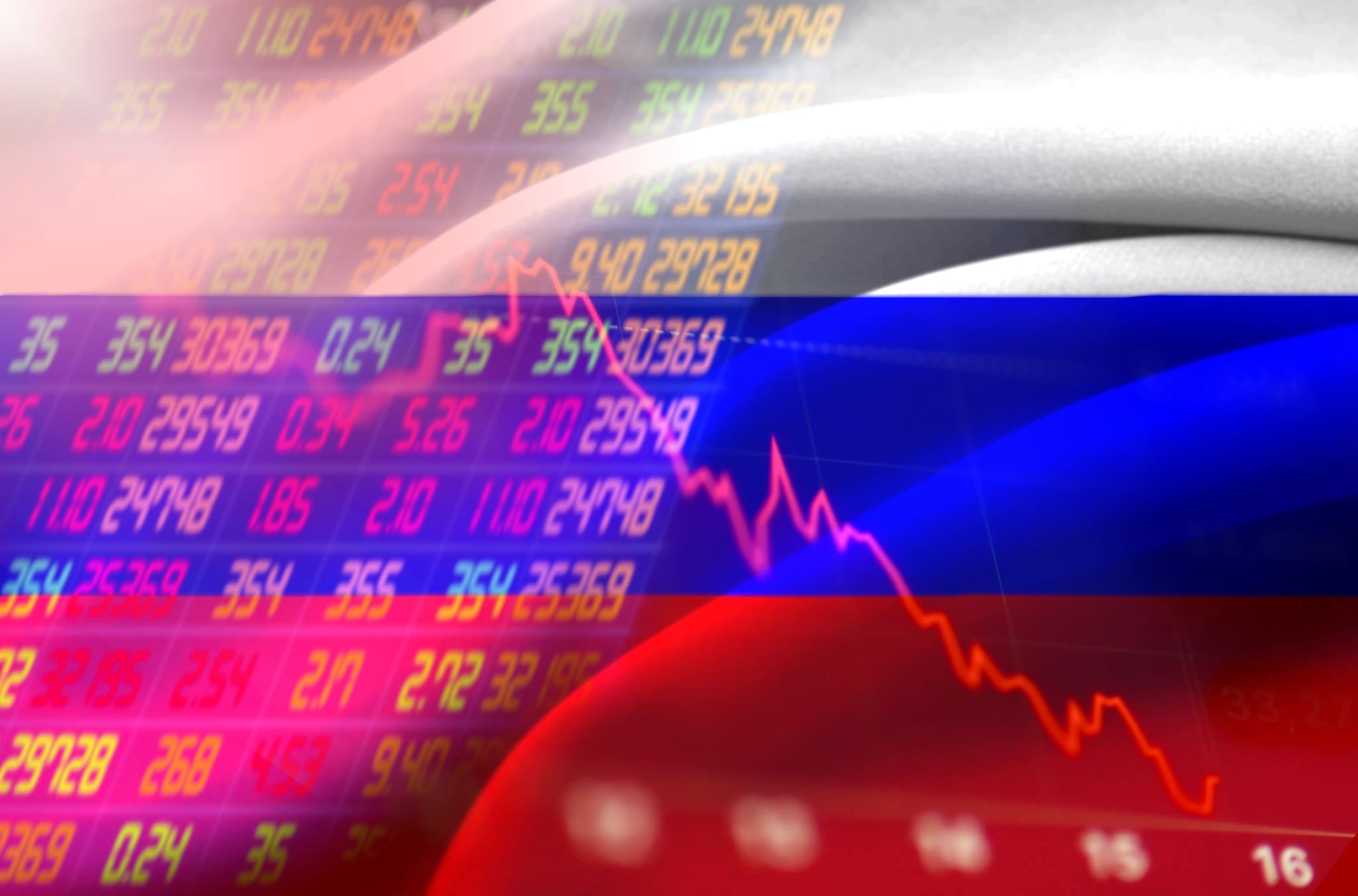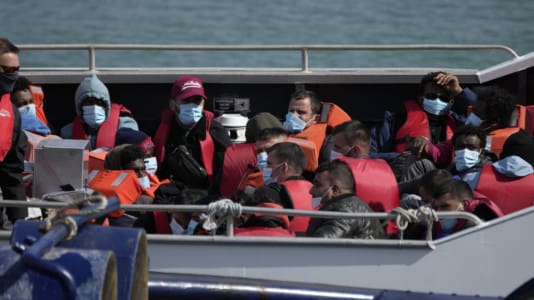Russia’s GDP fell 4 percent in the third quarter, marking the second consecutive quarter of economic contraction and dealing a massive blow to President Vladimir Putin’s ability to fund his military operation in Ukraine.
Moscow’s federal statistics agency, Rosstat, has announced that Russia has slipped into recession. In the second quarter, as Western sanctions began to take effect, the Russian economy contracted by 4.1 percent. Russia’s economy suffered a massive drop in trade after pro-Ukraine powers adopted the sweeping and devastating sanctions following the invasion of Ukraine.
It also took a hit after hundreds of thousands of Russians — many believed to be highly skilled workers — fled the country after Russia announced a partial mobilization of reservists in response to heavy losses in Ukraine.
Two successive quarters of negative economic growth constitute a recession, according to the official definition.
“There is little sign in the latest monthly data that a sustained recovery will take place, and we believe the downturn could worsen in Q4 and Q1 with the recent mobilization of reservists and the EU-imposed oil embargo coming into force,” stated Liam Perch, senior markets analyst at Capital Economics.
There have, however, been a few factors that may have softened the impact of Western sanctions on the Russian economy. Russia was able to continue exporting fossil fuels to Asia — though not at the quantities and prices it was used to in its trade with Europe.
Russia also continued to export oil to the EU, despite cutting off natural gas supplies to the bloc in September. Given that several massive state-backed fossil fuel producers are essential to the Russian economy, Putin was widely seen as being able to finance his invasion of Ukraine with oil and gas revenues.
Economists said exports to China, Belarus, and Turkey rose sharply in the third quarter of the year, and Russia’s banking sector managed to stabilize. However, Perch said the outlook “still remains bleak.”
“The latest data for September shows that activity is stabilizing rather than recovering,” Perch said. “The mobilization of reservists in September may cause a sharp drop in demand in Q4. And the EU embargo on imports of crude oil and petroleum products from Russia will affect industry and exports next year. We believe it will be at least until mid-2023 before the economy embarks on a sustained recovery.”
Before the effects of sanctions were fully felt, Russia’s economy grew by 3.5 percent year-over-year in the first quarter of 2022. Russia’s Economy Ministry estimates that GDP will fall by 2.9 percent this year, while the Central Bank expects a 3 to 3.5 percent decline before returning to growth in the second half of 2023.
However, there is skepticism about the true state of Putin’s economic situation, with the Kremlin prone to hiding potential missteps and weaknesses.






